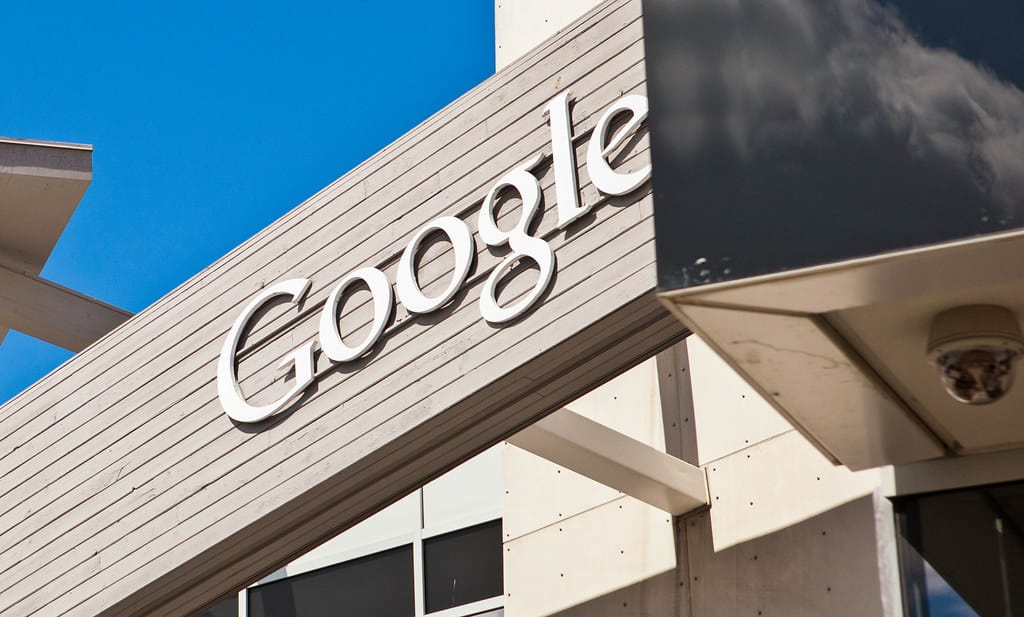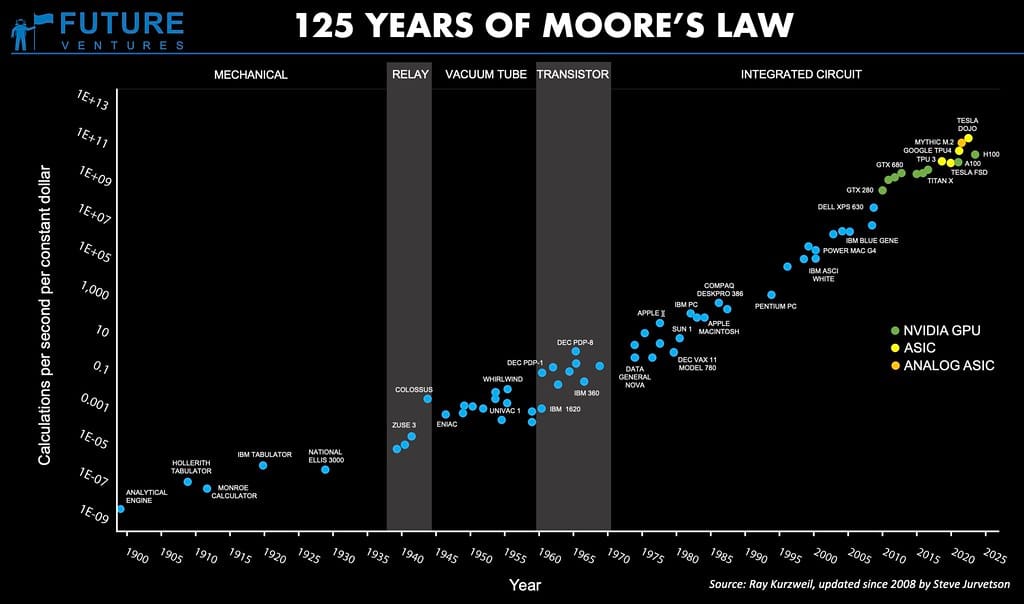Microsoft CEO Satya Nadella Tackles the 'Enigma' of Tech Layoffs Amid Record Profits
In a candid discussion that has sent ripples through Silicon Valley, Microsoft CEO Satya Nadella recently addressed what he calls the "enigma" of widespread tech layoffs occurring alongside record company profits. His remarks come at a time when the technology sector continues to grapple with the apparent contradiction of cutting thousands of jobs while posting impressive financial results.
The Paradox Facing Big Tech
Nadella's comments highlight a troubling trend that has defined the tech industry over the past two years. Despite Microsoft reporting a staggering $211 billion in revenue for fiscal 2023 and maintaining healthy profit margins, the company announced 10,000 layoffs in January 2023, followed by additional cuts throughout the year.
This pattern isn't unique to Microsoft. Meta eliminated over 21,000 positions across two major rounds of cuts while generating $134 billion in 2023 revenue. Amazon reduced its workforce by more than 18,000 employees, and Google parent Alphabet cut 12,000 jobs despite posting $307 billion in annual revenue.
"We're seeing an unprecedented disconnect between financial performance and workforce decisions," said Josh Bersin, a leading HR industry analyst. "Companies are optimizing for different metrics than traditional employment stability."
Behind the Strategic Restructuring
AI-Driven Transformation
Nadella emphasized that many layoffs stem from fundamental shifts in how technology companies operate, particularly with the rise of artificial intelligence. Microsoft has invested heavily in AI capabilities, including its partnership with OpenAI, which requires different skill sets and organizational structures.
"We're not just cutting costs," Nadella explained in recent interviews. "We're reshaping our workforce for the AI era. Some roles become redundant while others become critical."
The company has simultaneously been hiring in AI-focused positions while reducing headcount in traditional software development and sales roles. This strategic pivot reflects broader industry trends where companies are betting their futures on emerging technologies.
Market Pressures and Investor Expectations
Wall Street's reaction to layoff announcements often provides another piece of the puzzle. Microsoft's stock price jumped 4% following its January 2023 layoff announcement, suggesting investors view workforce optimization favorably even amid strong financial performance.
"Shareholders are rewarding efficiency gains," noted Wedbush Securities analyst Dan Ives. "The market sees these moves as positioning for long-term competitiveness rather than distress signals."
The Human Cost of Corporate Strategy
Employee Impact and Morale
While executives frame layoffs as strategic necessity, the human impact remains significant. Microsoft employees have reported increased workloads and uncertainty following the cuts, despite the company's emphasis on supporting remaining staff.
Internal surveys suggest that productivity initially dipped following major layoff announcements, contradicting the efficiency gains companies typically cite as justification for workforce reductions.
Industry-Wide Talent Redistribution
Interestingly, many laid-off tech workers have found new positions within the industry, often at higher salaries. This has created a unusual dynamic where layoffs serve as a form of talent redistribution rather than net job destruction.
"The tech talent market remains incredibly tight," said Julia Pollak, chief economist at ZipRecruiter. "Many companies are strategically acquiring talent that becomes available through competitors' layoffs."
Looking Forward: The New Normal
Nadella's acknowledgment of the layoff "enigma" suggests tech leaders are grappling with how to communicate these decisions to stakeholders, employees, and the public. The traditional narrative of layoffs as last resorts during financial hardship no longer applies when companies are simultaneously achieving record profits.
Redefining Corporate Responsibility
This disconnect raises fundamental questions about corporate responsibility in the modern economy. As companies prioritize shareholder value and technological transformation, the social contract with employees appears to be evolving.
The challenge for leaders like Nadella lies in balancing strategic imperatives with workforce stability while maintaining public trust and employee engagement.
Key Takeaways
The "enigma" of profitable layoffs reflects deeper structural changes in the technology industry. Companies are prioritizing agility and AI readiness over traditional employment stability, creating a new paradigm for workforce management.
As this trend continues, the tech industry must navigate the complex balance between innovation, profitability, and social responsibility. For employees, investors, and policymakers, understanding these dynamics becomes crucial for adapting to an increasingly volatile employment landscape.
The conversation Nadella has initiated may mark the beginning of a broader reckoning with how success is measured in the modern tech economy.

